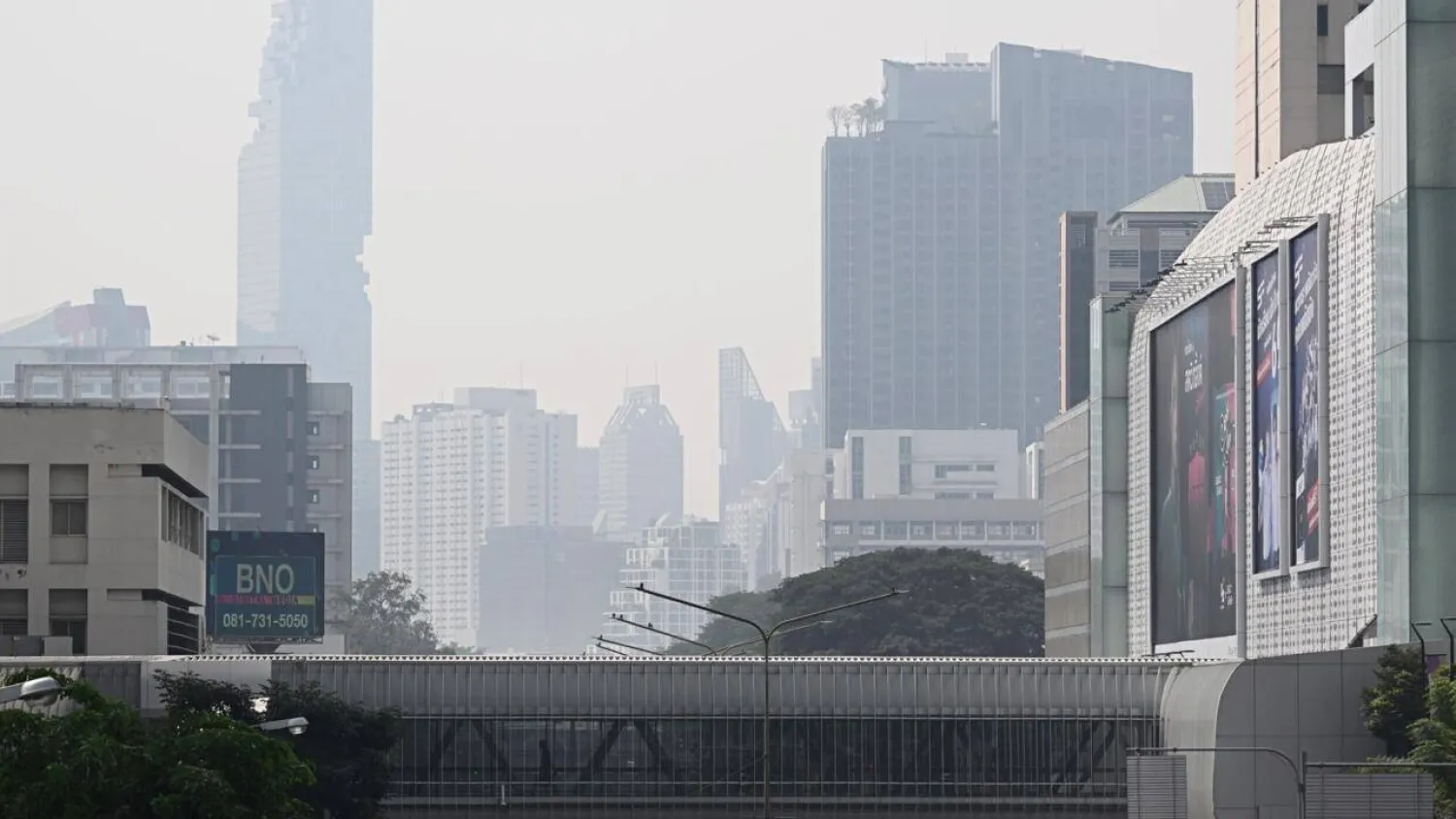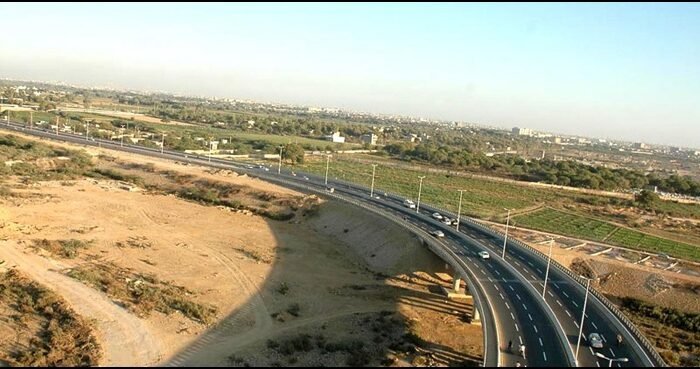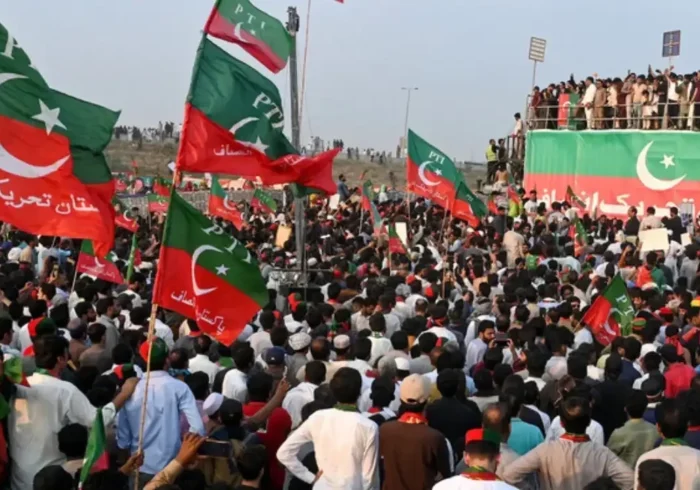Nearly 200 schools in Bangkok were forced to close on Thursday due to severe air pollution, according to local authorities. Officials encouraged residents to work remotely and restricted heavy vehicles in an effort to address the deteriorating air quality. Seasonal pollution, exacerbated by colder winter air, smoke from crop stubble burning, and vehicle emissions, has long plagued Thailand and other nations in the region.
By Thursday morning, Bangkok ranked as the sixth most polluted major city globally, based on IQAir data. PM2.5 levels—tiny, harmful particles capable of entering the bloodstream through the lungs—measured 122 micrograms per cubic meter. This figure far exceeds the World Health Organization’s recommended daily average exposure limit of 15 micrograms for most days of the year.
Earlier this week, Bangkok authorities allowed schools in areas with high PM2.5 levels to close if necessary. By Thursday, 194 of the 437 schools under the Bangkok Metropolitan Administration (BMA) were shut, disrupting the education of thousands of students. Figures for schools outside BMA jurisdiction remain unavailable. This marks the highest number of closures since 2020, when all BMA schools shut due to air pollution.
Children, being particularly vulnerable to air pollution, are disproportionately affected by school closures, especially those from disadvantaged backgrounds. “Closing schools should be a last resort,” said Severine Leonardi, UNICEF Thailand’s deputy representative. “This highlights the urgent need to invest in education and safeguard children’s rights,” she told News Wire.
Authorities also encouraged remote work earlier this week, but participation in the voluntary program remains limited, with only 100,000 participants in a city of 10 million. In addition, six-wheel trucks were banned from certain areas of the city until late Friday. The government has introduced incentives to discourage crop stubble burning and is experimenting with spraying cold water or dry ice into the air to combat pollution, but these measures have shown limited success.
Opposition leaders criticized Thai Prime Minister Paetongtarn Shinawatra, who is attending the World Economic Forum in Davos, for neglecting the issue. “While the prime minister breathes clean air in Switzerland, millions of Thais are forced to inhale polluted air,” said Natthaphong Ruengpanyawut, leader of the People’s Party, in a Facebook post.
Clean air activists are advocating for comprehensive legislation, such as the proposed Clean Air Act, which could be passed later this year. “Tackling this crisis requires coordinated and robust legislation,” said Guillaume Rachou, executive director of Save the Children Thailand. “It’s challenging, but the Clean Air Act is a step in the right direction,” he told News Wire.





